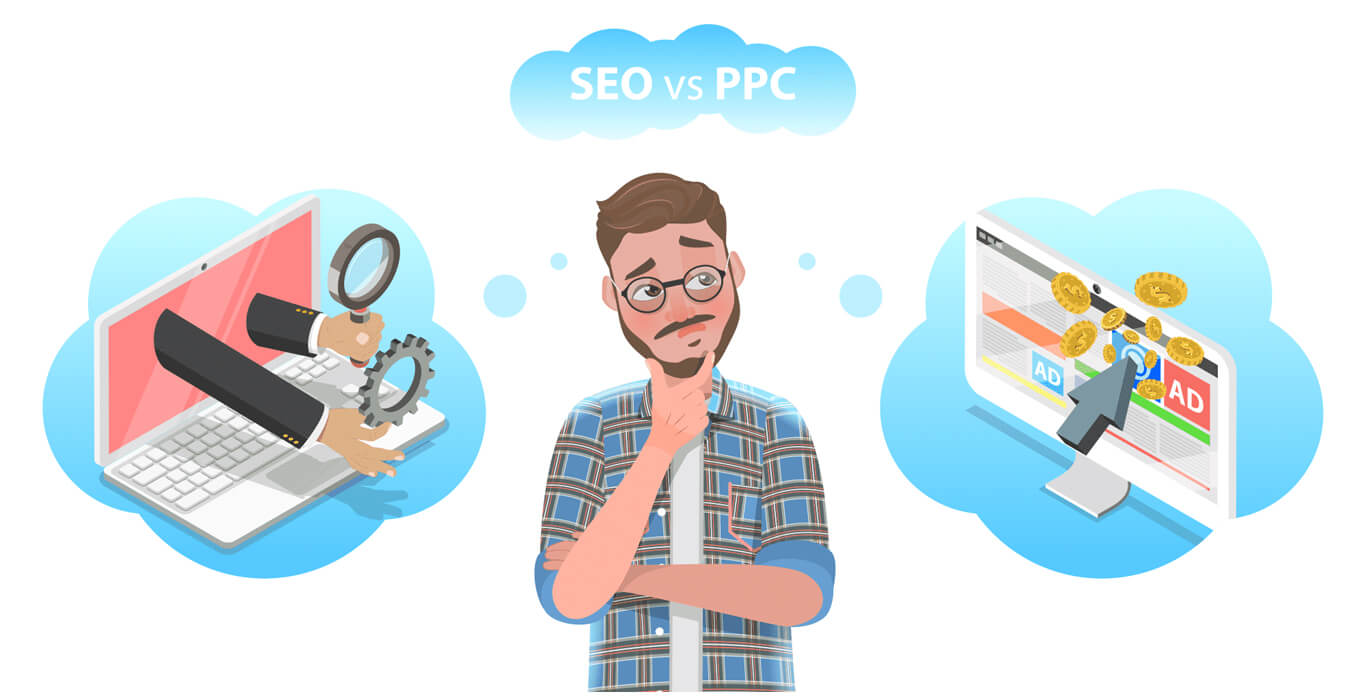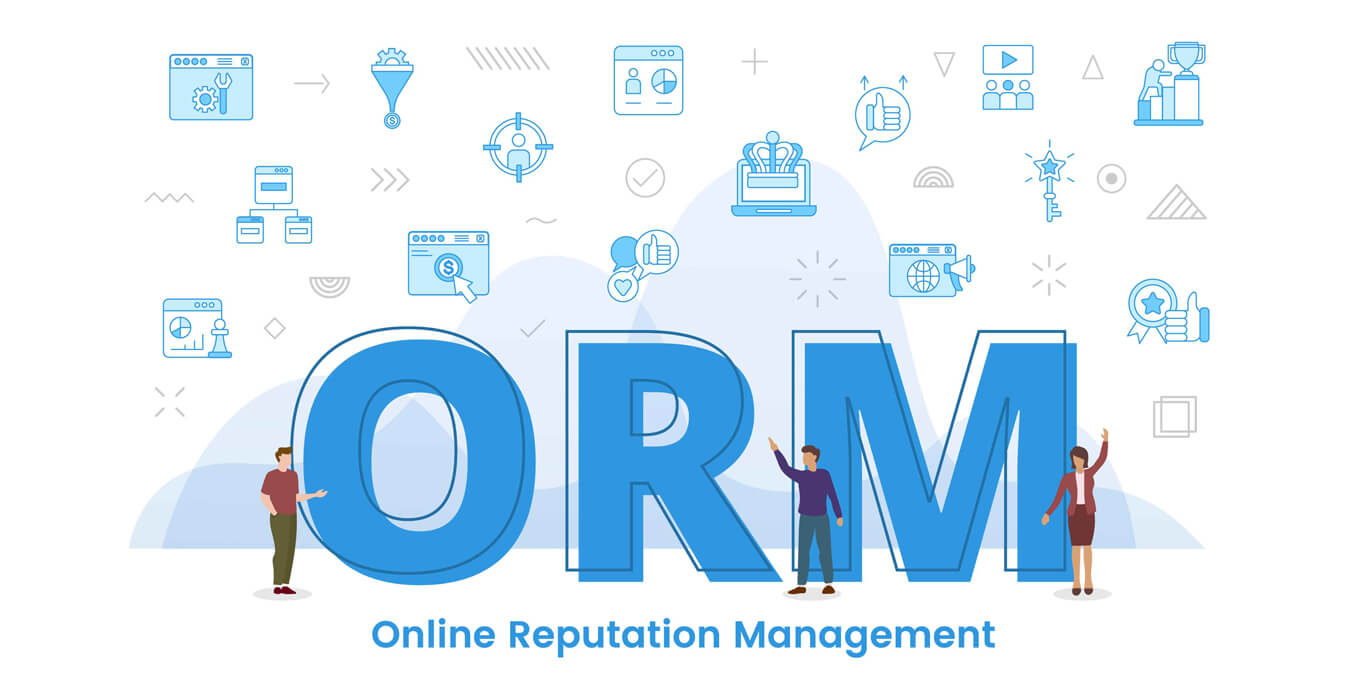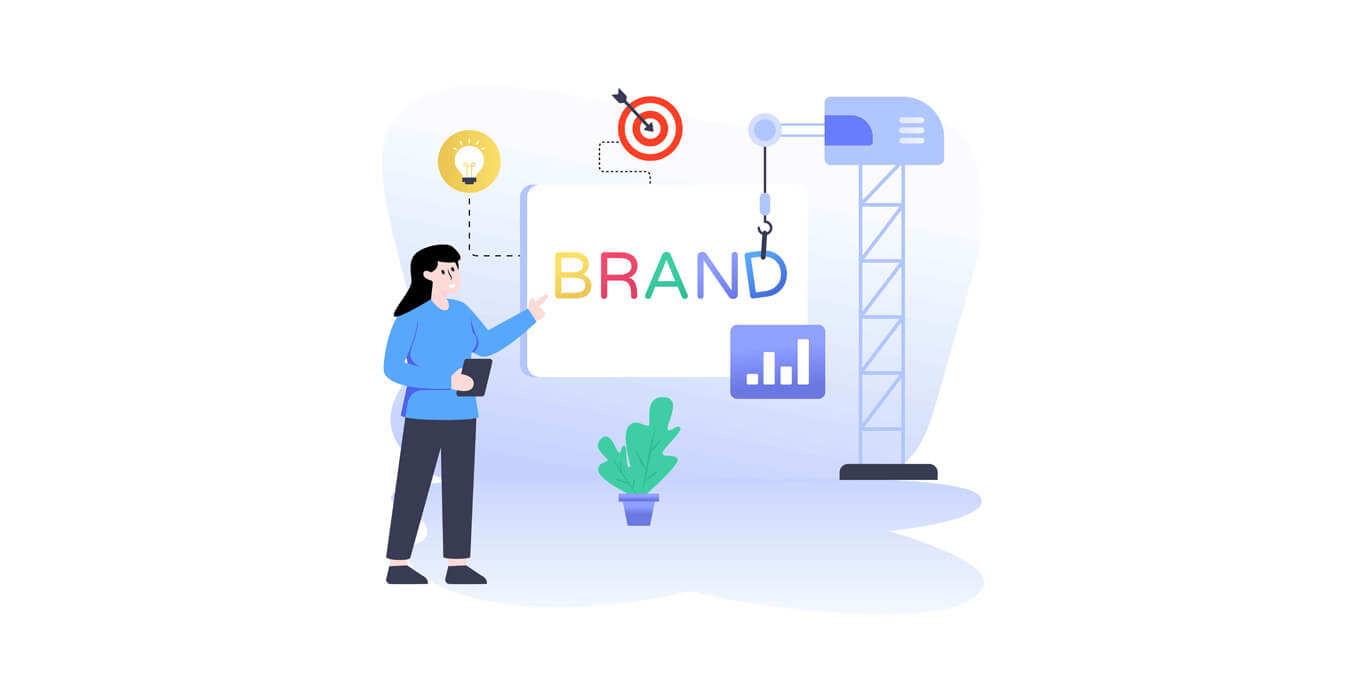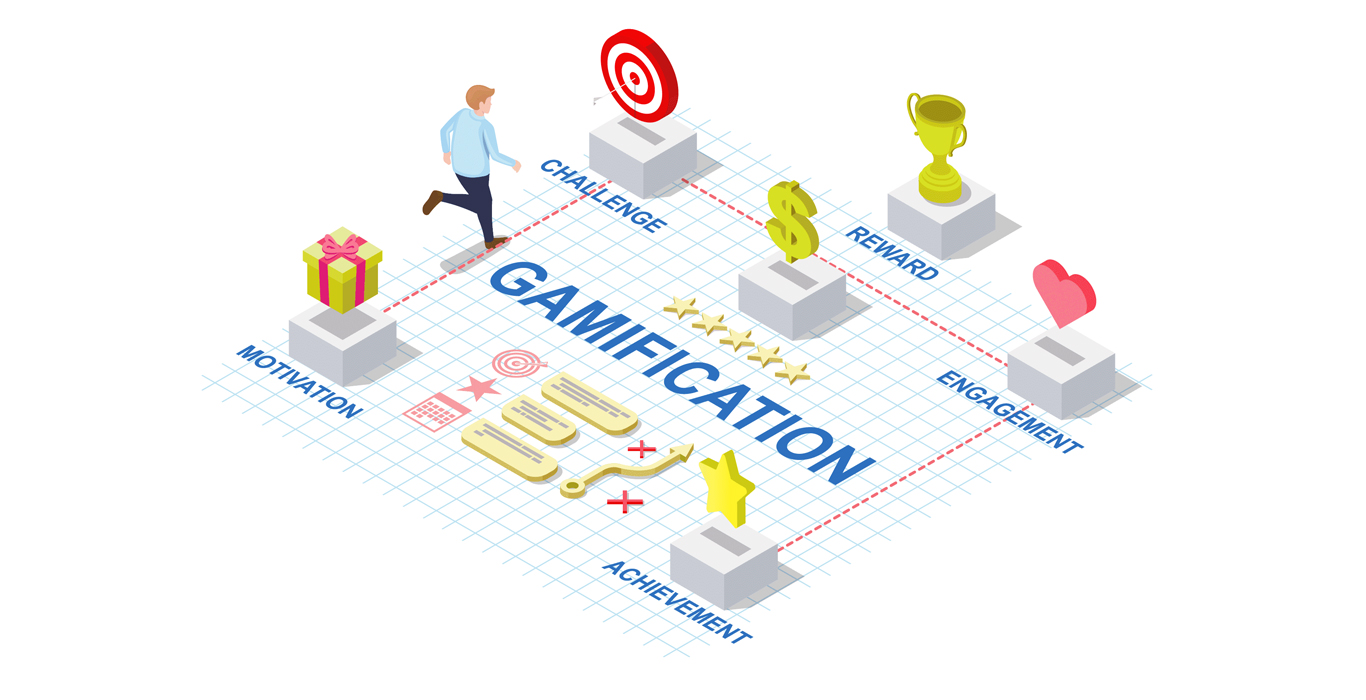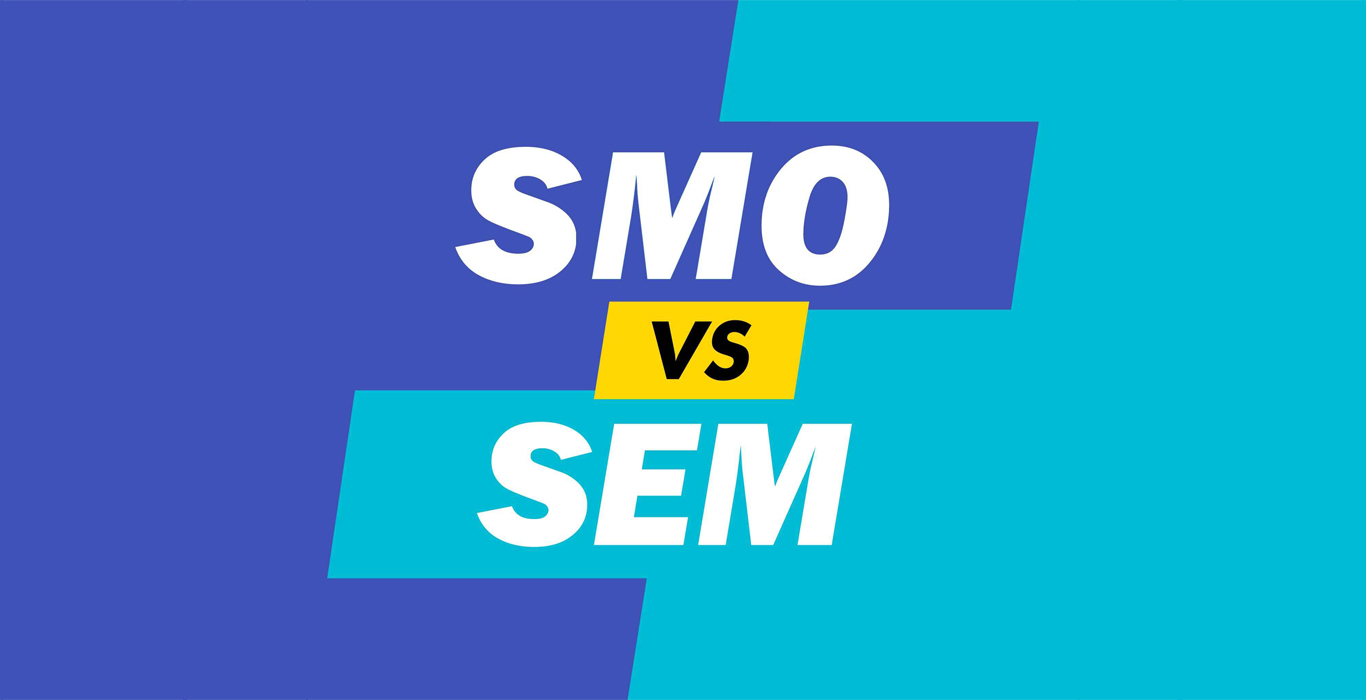|
Getting your Trinity Audio player ready... |
6 min read
India, a hotbed for innovation and entrepreneurial spirit, has witnessed a surge in startups in recent years. From tech disruptors to sustainable ventures, Indian startups are redefining industries. However, in a landscape where 90% of startups face the challenge of survival, the need for robust digital marketing strategies becomes necessary. This blog explores the dynamic world of digital marketing for Indian startups, diving into how marketing agencies tailor solutions to drive growth.

Why do Indian Startups need Digital Marketing?
In the era of digital dominance, startups in India find themselves at a crossroads where visibility is synonymous with success. Digital marketing services in India emerge as the linchpin that propels startups from obscurity to prominence. It’s not just about having a website; it’s about strategic and targeted efforts that resonate with the audience. Digital marketing agencies in India become the medium for startups to tell their stories, showcase their value propositions, and ultimately, thrive in a competitive landscape.
How Do Startup Marketing Agencies Target the Right Audience for a Startup?
Understanding the intricacies of audience targeting is the cornerstone of successful digital marketing services. Startup marketing agencies employ a multifaceted approach, leveraging data-driven insights to pinpoint the ideal audience. In a diverse market like India, where demographics vary widely, agencies craft strategies that resonate with specific consumer segments.
For instance, a fintech startup targeting urban millennials might opt for social media campaigns on platforms like Instagram and Twitter. Simultaneously, an agritech startup with a rural focus could harness the power of regional language content on platforms like WhatsApp and Facebook. Tailoring the message to the audience’s preferences and behaviors ensures that the marketing efforts hit the mark.
Targeting the right audience is crucial for startups to ensure that their marketing efforts are efficient and effective. Here are steps to help startups target their audience:
1. Define Your Ideal Customer Profile (ICP):
- Identify characteristics that define your ideal customers.
- Consider demographics, psychographics, industry, company size, and geographic location.
- Develop a detailed profile to guide your targeting efforts.
2. Conduct Market Research:
- Understand the broader market and industry trends.
- Analyze competitors and identify gaps in the market.
- Gather insights into the needs, pain points, and preferences of potential customers.
3. Create Buyer Personas:
- Develop detailed and fictional representations of your ideal customers.
- Consider factors like job roles, challenges, goals, and information consumption habits.
- Use personas to humanize your target audience and tailor your messaging.
4. Utilize Analytics and Data:
- Leverage analytics tools to gather data on website visitors, social media engagement, and other relevant metrics.
- Use data to understand user behavior, preferences, and sources of traffic.
- Make informed decisions based on data-driven insights.
5. Segment Your Audience:
- Divide your target audience into segments based on shared characteristics.
- Consider factors like industry, company size, location, and behavior.
- Tailor your marketing messages for each segment to increase relevance.
6. Identify Key Pain Points and Needs:
- Understand the challenges and pain points your audience faces.
- Identify the needs and aspirations that your product or service can address.
- Craft messaging that highlights solutions to their specific problems.
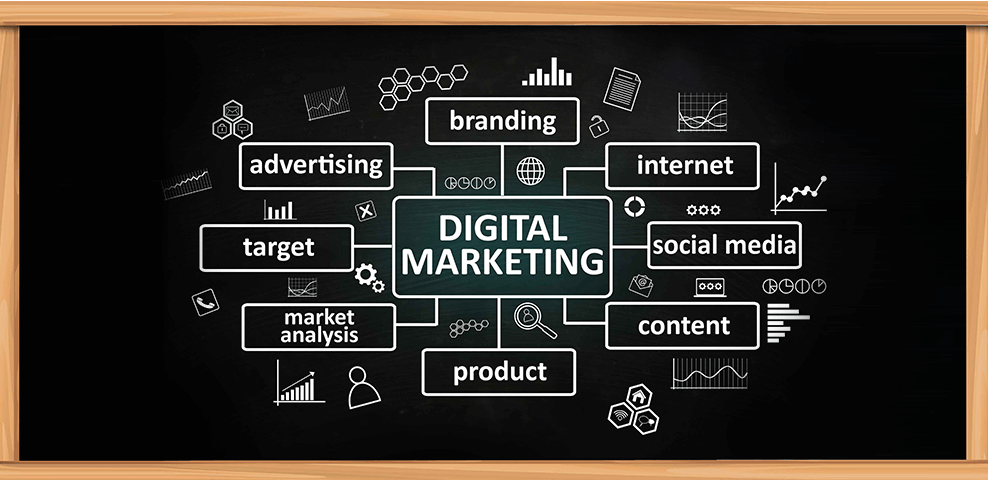
7. Select Relevant Communication Channels:
- Determine where your audience spends their time online and offline.
- Choose communication channels that align with your audience’s preferences.
- For example, if your audience is active on LinkedIn, focus on B2B interactions on that platform.
8. Craft Compelling Content:
- Develop content that resonates with your audience’s interests and needs.
- Use a mix of formats, including blog posts, videos, infographics, and webinars.
- Tailor content to address different stages of the buyer’s journey.
9. Engage on Social Media:
- Identify social media platforms where your audience is active.
- Share relevant content, participate in discussions, and build a community.
- Use social media advertising to target specific demographics.
10. Run Targeted Advertising Campaigns:
- Utilize paid advertising on platforms like Google Ads and social media.
- Narrow down your target audience in ppc using parameters like age, location, interests, and behavior.
- A/B tests different ad creatives to optimize for the most effective messaging.
11. Collect and Use Customer Feedback:
- Gather feedback from existing customers to understand their experiences.
- Use testimonials, reviews, and case studies in your marketing materials.
- Adjust your targeting based on insights gained from customer feedback.
12. Regularly Review and Adjust:
- Monitor the performance of your targeting strategies regularly.
- Track key performance indicators (KPIs) and adjust your approach based on results.
- Stay adaptable and be willing to refine your audience targeting based on evolving market dynamics.
By following these steps, startups can create a targeted and effective marketing strategy that reaches the right audience, relates to their needs, and drives meaningful engagement.
How Do Startup Marketing Agencies Collaborate with Startups?
Collaboration is key when it comes to startup-agency dynamics. Marketing agencies act as strategic partners, immersing themselves in the startup’s vision and goals. The collaboration often starts with a comprehensive onboarding process where the agency dives deep into understanding the startup’s unique selling propositions, target audience, and industry landscape.
Regular communication channels are established to ensure a seamless flow of information. Startups benefit from the agency’s expertise, gaining insights into market trends, competitor analysis, and emerging opportunities. The synergy between the startup and the marketing agency is not just transactional but a symbiotic relationship geared towards mutual growth.
Different Types of Strategies Used for B2B Startups
B2B startups face distinct challenges, given the intricacies of business-to-business transactions. Crafting effective strategies requires a nuanced understanding of the market dynamics. Here are some tailored strategies employed by marketing agencies:
1. Define the B2B Sales Process:
- Identify the stages of the sales process, from targeting the right businesses to closing deals.
- Create a blueprint that includes a compelling value proposition, persuasive sales pitches, and effective closing strategies.
2. Conduct Market Research and Competitor Analysis:
- Gather insights about the industry, target audience, and competitive landscape.
- Analyze competitors to identify strengths and weaknesses, helping the startup identify gaps in the market.
3. Identify the Target Audience and Develop a Value Proposition:
- Analyze customer data to identify ideal clients.
- Craft a compelling value proposition that resonates with the target audience, highlighting solutions to their challenges.
4. Create a Compelling Sales Pitch:
- Deliver engaging sales pitches emphasizing the unique advantages of the product or service.
- Communicate how the offering addresses the specific needs and challenges of potential clients.
5. Leverage Data to Optimize the Sales Process:
- Utilize data strategically to identify prospects, assess growth, and set objectives.
- Implement data-driven strategies for a competitive edge in decision-making.
6. Prepare a Follow Up Plan:
- Develop a comprehensive follow-up plan to stay engaged with prospects.
- Include regular follow-up emails, scheduled calls, and incentivized offers to seize potential opportunities.
In the competitive B2B landscape, these strategies empower startups to navigate challenges, establish strong brand identities, and foster lasting relationships with clients.
Conclusion:
The collaboration between startups and marketing agencies is a strategic partnership, where agencies become allies, guiding startups through the complexities of the digital landscape. For B2B startups, the journey requires nuanced strategies, from defining a robust sales process to leveraging data-driven insights.
As we conclude this exploration into tailored digital marketing agencies in India to create solutions for Indian startups, the message is clear – the digital realm offers an expansive canvas, and startups are poised to create masterpieces. It’s a journey of storytelling, engagement, and conversion, with each startup having the potential to redefine industries.
Embark on your digital journey with IKF, digital marketing agency in India that understand the pulse of the Indian market. Let’s conquer the digital landscape together. Connect with Us – Your Growth Partner in the Digital Age.

Ashish Dalia is the CEO & Chief Digital Marketing Strategist at I Knowledge Factory Pvt. Ltd.

Ashish Dalia is the CEO & Chief Digital Marketing Strategist at I Knowledge Factory Pvt. Ltd.


